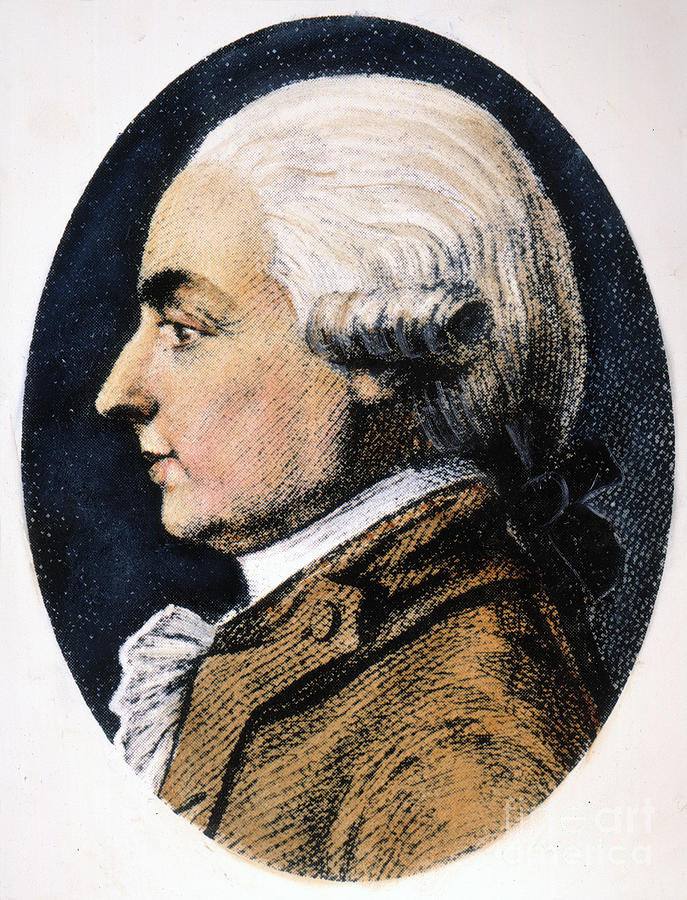Letters from an American Farmer (1782) by Hector St. John de Crèvecoeur
Saint John de Crevecoeur, Jean Massard (1786)
Introduction
Hector St. John de Crèvecoeur was a French aristocrat who emigrated to North America in 1755 (at the age of 20) and eventually naturalized as a British colonial subject in New York. Though his Letters from an American Farmer were not published until 1782, they were written over seven years leading up to the American Revolutionary War and demonstrate both Crèvecoeur's early optimism about America and his increasing disenchantment with the colonies. We are reading both one of his early and most laudatory letters where he describes all the virtues of American character and the promise of its flourishing ("What is an American?"), and one of his later and more critical letters where he describes the horror of Southern slavery ("Thoughts on Slavery"). The letters are all written from the perspective of James, an avatar for Crèvecoeur himself, to an English gentleman, Mr. F.B.--Mr. F.B.'s responses are not included.
Questions to guide your reading...

- What is the nature of American identity for Crèvecoeur? What does it mean to become American?
- Why is farming a better way of life than hunting? Why does he criticize back settlers? What American virtues do they lack, and why? Why are back settlers "worse" than Native Americans? What virtues do Native Americans have that back settlers lack?
- What kinds of circumstances determine national character, both for European nations and for Americans?
- What causes the misunderstanding between Andrew and the Native Americans? What social conventions do the Native Americans break that cause Andrew to view them as dangerous? How does James explain the misunderstanding to Andrew?
- How does Crèvecoeur describe Charles-Town? What are its distinguishing features?
- Where do the people of Charles-Town fit into the categories of Americans laid out in "What is an American?"? Is the logic of slavery in Charles-Town related to his general descriptions of American society, or is it an aberration?
- How does Crèvecoeur describe Northern slavery? How does he compare the situation of slaves to poor whites?
- How does Crèvecoeur respond to the claim that slavery is a constant feature of human history? Where does slavery fit into world history, for him? Where does America fit into his account of world history, and where do you think he wanted it to fit in?
A Plan of the Town and Harbor of Charles-Town, Edward Crisp (1711)